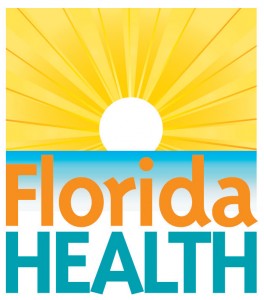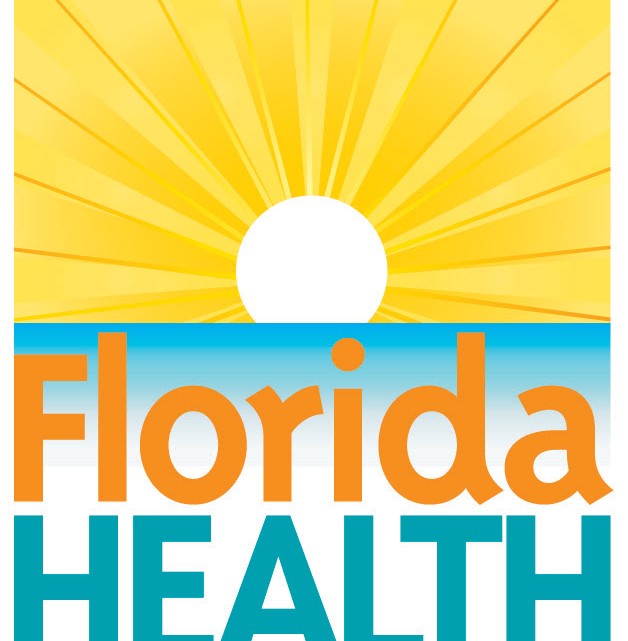Carbon Monoxide Dangers
Generator Safety Precautions Can Help Prevent Poisoning
 TALLAHASSEE — As Floridians begin the task of preparing for a storm, the Florida Department of Health is urging the public to avoid carbon monoxide (CO) exposure by taking precautions with gas-powered appliances and charcoal or gas grills.
TALLAHASSEE — As Floridians begin the task of preparing for a storm, the Florida Department of Health is urging the public to avoid carbon monoxide (CO) exposure by taking precautions with gas-powered appliances and charcoal or gas grills.
CO is an invisible, odorless, and tasteless gas that is highly poisonous. CO may cause fatigue, weakness, chest pains for those with heart disease, shortness of breath upon exertion, abdominal pain, vomiting, headaches, confusion, lack of coordination, impaired vision, loss of consciousness, and in severe cases death.
The Department recommends the following precautions to help prevent carbon monoxide poisoning:
- Do Not burn charcoal or gas grills inside a house, garage, vehicle, tent or fireplace.
- Never use a generator indoors, including in homes, garages, basements, crawl spaces, and other enclosed or partially enclosed areas, even with ventilation. Opening doors and windows, or using fans, will not prevent CO build-up in the home.
- Always keep portable generators or gasoline engines outside and away from open windows, doors, window air conditioners or exhaust vents that could allow CO to come indoors. Follow the instructions that come with your unit. Place your generator and any gasoline-powered engine outside at least 20 feet from any window, door or vent.
- Install battery-operated CO alarms or plug-in CO alarms with battery back-up in your home per the manufacturer’s installation instructions. The CO alarms should be certified to the requirements of the latest safety standards for CO alarms (UL 2034, IAS 6-96, ASTM D6332, or CSA 6.19.01).
- Test your CO alarms per the manufacturer’s recommendations and replace dead batteries.
- Remember you cannot see or smell CO. Portable generators can produce high levels of CO very quickly.
If you start to feel sick, dizzy, or weak while using a generator, get to fresh air right away. Do not delay.
If you suspect CO poisoning, call your nearest Florida Poison Information Center at 1-800-222-1222. If the victim has collapsed or is not breathing, call 911 immediately.
[livemarket market_name="KONK Life LiveMarket" limit=3 category=“” show_signup=0 show_more=0]


No Comment